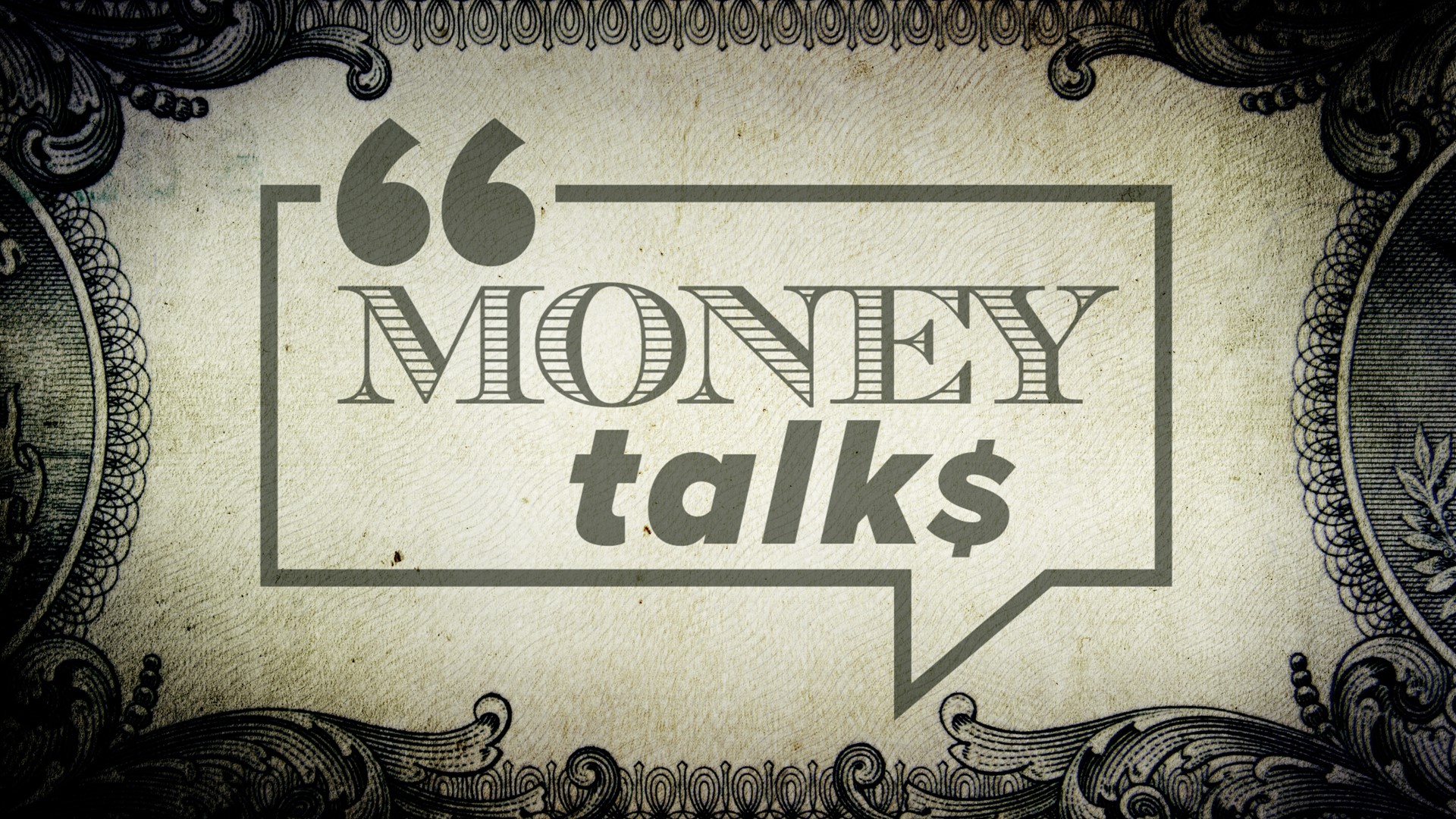TEMPLE, Texas — Avoiding having any of your accounts go to collections is an important part of a healthy credit score. With that said, 28 percent of Americans have at least one debt in collections.
A staggering stat from CNBC says 100 million adults have healthcare debt and 12% of them owe $10,000 or more. It's a big reason why healthcare costs have hit American households very hard financially.
"So medical bills, there's not a lot of people that don't have medical bills in the country right now, so what happens is when you let 'em pile, and it kind of gets stressful," said Financial Advisor Rolandus Johnson. "So, one of the things that I recommend is try and knock 'em out as soon as you get them."
If you can't eliminate them immediately, which many can't, Johnson says to pay off what you can and then set up payment plans for getting the others paid down and eventually paid off.
Remember, most of those bills have no interest and most billing companies are willing to work with you as long as you keep up your end of the bargain.
"I like Dave Ramsey’s approach, you know, take out the smallest one first get yourself on a systematic plan and take out the smallest one first and then just snowball that into the next one. And just keep on going," he said.
Others have tried debt consolidation, so that everything can be wrapped up into a single payment. But for me, I just can't bring myself to converting an interest-free debt, into an interest payment.
Here’s what Johnson had to say: "If you can stomach getting a bigger loan to jump everything in, a debt consolidation loan, that could help, even though the medical bills usually don't have any interest. Again, it's what you can stomach. If you feel safe paying a little higher and rolling the medical bills in, by all means go for it. But those debt consolidation loans with credit cards and those other things where interest rates can vary and, in those loans, if the interest rates are really high if you could separate the two that would be great too."
And remember if the interest that you are paying on all of your debts, or if the monthly payments are no longer something that you can handle, bankruptcy should be considered.
"I've seen it a couple of times in my short stint on this earth," he said. "You know where debt is one of the biggest stressors, financial stressors that I believe that we face as individuals and individual families. If it's really, really bad, you know you might want to consult someone but you know bankruptcy is a lot of the times put on the table. If it gets really, really bad."
According to statista, since 2010, bankruptcies have fallen by 29% in America. But as a country, our citizens appear to be taking on more debt again, and bankruptcies in August spiked noticeably, so we'll watch and see if it was an anomaly, or a trend in the wrong direction.

